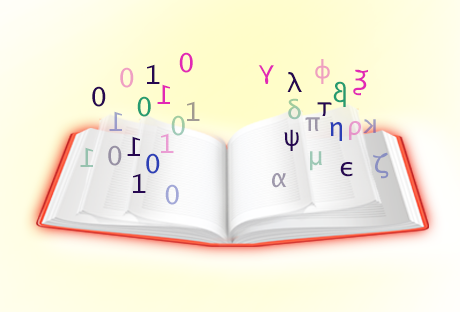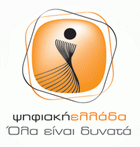JavaScript is disabled for your browser. Some features of this site may not work without it.
| dc.contributor.author | Κάκουρος, Ευθύμιος | el |
| dc.contributor.author | Μανιαδάκη, Κατερίνα | el |
| dc.contributor.author | Καραμπά, Ράνια | el |
| dc.contributor.author | Τοπτσόγλου, Ουρανία | el |
| dc.date.accessioned | 2015-04-22T18:22:05Z | |
| dc.date.issued | 2015-04-22 | |
| dc.identifier.uri | http://hdl.handle.net/11400/8715 | |
| dc.rights | Αναφορά Δημιουργού-Μη Εμπορική Χρήση-Όχι Παράγωγα Έργα 3.0 Ηνωμένες Πολιτείες | * |
| dc.rights.uri | http://creativecommons.org/licenses/by-nc-nd/3.0/us/ | * |
| dc.source | http://www.ecp2009.no | en |
| dc.subject | Προσχολική ηλικία | |
| dc.subject | Επιθετική συμπεριφορά | |
| dc.subject | Early childhood | |
| dc.subject | Aggressive behavior | |
| dc.title | Teasing behaviours at preschool age | en |
| heal.type | conferenceItem | |
| heal.secondaryTitle | does it matter? | en |
| heal.classification | Psychology | |
| heal.classification | Child psychopathology | |
| heal.classification | Ψυχολογία | |
| heal.classification | Παιδική ψυχοπαθολογία | |
| heal.classificationURI | http://id.loc.gov/authorities/subjects/sh85108459 | |
| heal.classificationURI | http://id.loc.gov/authorities/subjects/sh85023384 | |
| heal.classificationURI | **N/A**-Ψυχολογία | |
| heal.classificationURI | **N/A**-Παιδική ψυχοπαθολογία | |
| heal.dateAvailable | 10000-01-01 | |
| heal.language | en | |
| heal.access | forever | |
| heal.publicationDate | 2009-07-07 | |
| heal.bibliographicCitation | Kakouros, E. et al. (2009) Teasing behaviours at preschool age: Does it matter?. In 11th European Congress of Psychology, CD of Abstracts. 7th-10th July 2009. Oslo, p.211 | en |
| heal.abstract | The study aims to investigate teasing behaviours among Greek preschoolers, given that there are limited studies regarding this age group. Method: Mothers of 200 children (mean age=68.1 months, s.d.=10.1 months), enrolled in kindergartens in Athens, completed a questionnaire conducted by the authors, for the investigation of several forms of teasing behaviour. Results: Psychological forms of teasing (78%) are most commonly reported among preschoolers, while verbal (13.8%) and physical (8.2%) forms of teasing are less frequently reported. Approximately 14% of the children have been reported as teasers. Teasers were found to exhibit higher levels of stress and lower self-esteem compared to their classmates [x2 (2,183)=12.9, p<.001]. Also, they were more likely to face attention problems compared to non-teasers [x2 (1,172)=6.1, p<.05]. Conclusion: Parents seem to be able to acknowledge teasing/victimization behaviours during the preschool years which should serve as an important period to our understanding of bullying onset. | |
| heal.fullTextAvailability | false | |
| heal.conferenceName | 11th European Congress of Psychology | en |
| heal.conferenceItemType | poster |
Αρχεία σε αυτό το τεκμήριο
| Αρχεία | Μέγεθος | Μορφότυπο | Προβολή |
|---|---|---|---|
|
Δεν υπάρχουν αρχεία που σχετίζονται με αυτό το τεκμήριο. |
|||
Οι παρακάτω άδειες σχετίζονται με αυτό το τεκμήριο:








